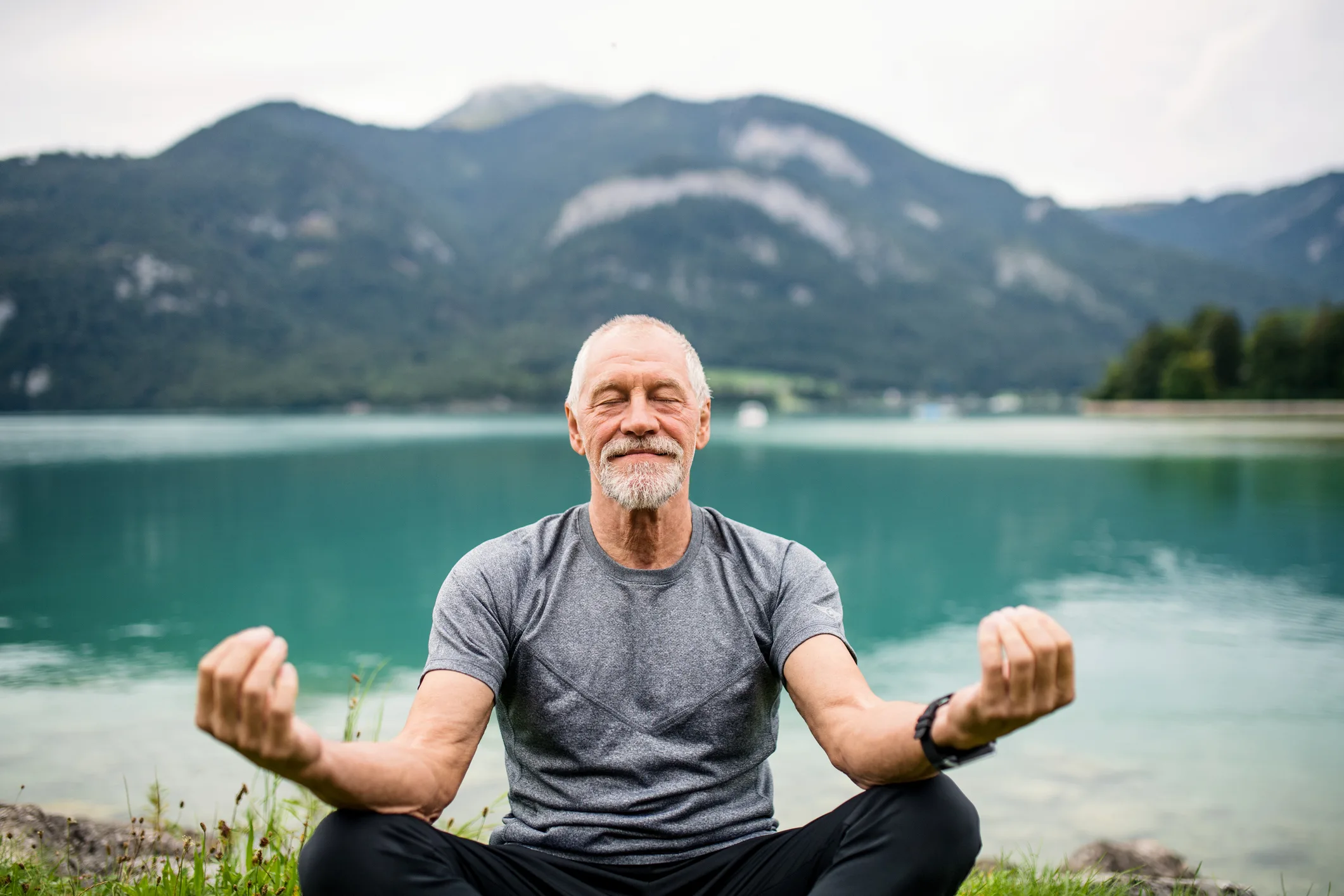There are several lifestyle factors that can improve your brain health, cognition and wellbeing. By making simple adjustments to your daily habits you can enhance brain fitness, boost cognition, and promote overall wellbeing.
What lifestyle factors can enhance brain fitness?
Lifestyle factors include exercise, diet, sleep, social interactions, kindness, mindfulness and learning.
Exercise is an “all-rounder”, since it can not only boost your physical health but also your brain health, cognition and mood. In fact, studies have shown that exercise can increase the size of your hippocampus, which is critical for learning and memory.
Similarly, sleeping the optimal number of hours each night can improve your immune system, brain structure and mental wellbeing. A recent study showed that sleeping 7-8 hours per night in middle to older adulthood was associated with better brain structure, cognition, such as processing speed and memory, and mental health.
Staying socially connected also plays an important role in your brain health. Being socially isolated in older adults is associated with a 26% increased risk of dementia. Whereas, having the optimal number of friends in adolescence, about five, is linked with better brain structure, cognition, educational attainment and wellbeing.
Build a Cognitive Reserve
Learning new things is also essential to keep the neural circuits in your brain functioning at their best level for as long as possible. Older adults need to challenge themselves mentally to keep their brains active – just as they need to do physical exercise to keep their bodies fit. Some ways to do this is include learning a new language, learning to play a musical instrument, or reading an educational book about something that interests you.
This builds cognitive reserve and helps in times of stress.
Takeaway
Keeping your bodies healthy is incredibly important. But we need to also nurture our brains if we want to be happy, mentally sharp and well protected against diseases such as dementia.
Embracing these simple strategies to prioritize your brain health and wellbeing is essential for a happier and more fulfilling life. Ultimately, lifestyle choices play a significant role in reducing stress and promoting resilience, creativity and overall quality of life.
Sources:











